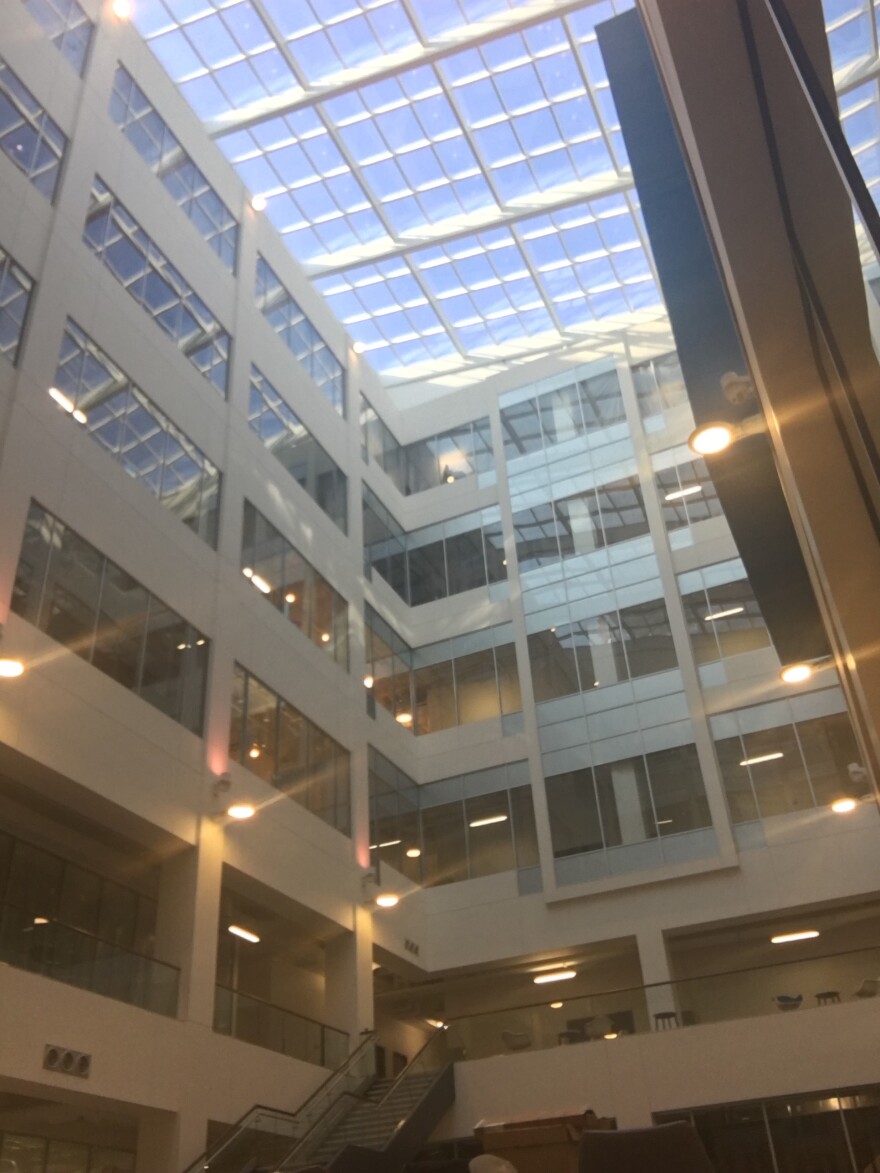From tobacco to medicine.
One of downtown Durham's last remaining empty buildings will open for business again, and it's attracting medical research this time around.
"Our model allows people to get access to space, access to equipment, access to smart people who can help with that, and really allow the scientists to focus on what they are really good at – driving science as opposed to managing leases or doing administrative work," said Eric Linsley, a BioLabs North Carolina co-founder.
For years, the Chesterfield building was a cigarette factory for the Liggett & Myers Tobacco Company. It produced Chesterfield cigarettes until it sold the brand to Philip Morris, now a subsidiary of Altria, in 1999. Since that deal, though, the building, in downtown Durham’s Brightleaf District, has been vacant despite being in a vibrant area with restaurants, retail, entertainment and housing.

Baltimore-based Wexford Science + Technology specializes in renovating buildings to offer lab space to research teams. The company acquired the Chesterfield building and is nearing the end of a $128 million renovation project.
Wexford also developed the Wake Forest Innovation Quarter.
Soon, scientists will move into the building's 286,000 square feet and continue research on next-generation drugs, medical treatments and other life science innovations.
Among the occupants: Duke University researchers; the cloud computing company Nutanix; and a life sciences co-working concept called BioLabs that will rent bench and research space to startups that can't afford their own leases or research equipment.
These startups are typically no more than two or three researchers – possibly university professors – who have developed an idea for new drug or treatment, but need to run more experiments to test their hypothesis. Buying all the necessary equipment and renting space lab space can quickly run costs into six figures. However at BioLabs, these companies can share the equipment with similar startups and spread out the cost.

BioLab is made up of a group of life science investors who want to get an early look at some of the research. Even if BioLabs only breaks even or even loses money on the rental space, investors hope to recoup losses if they become early investors in a company that ultimately develops a new drug.









